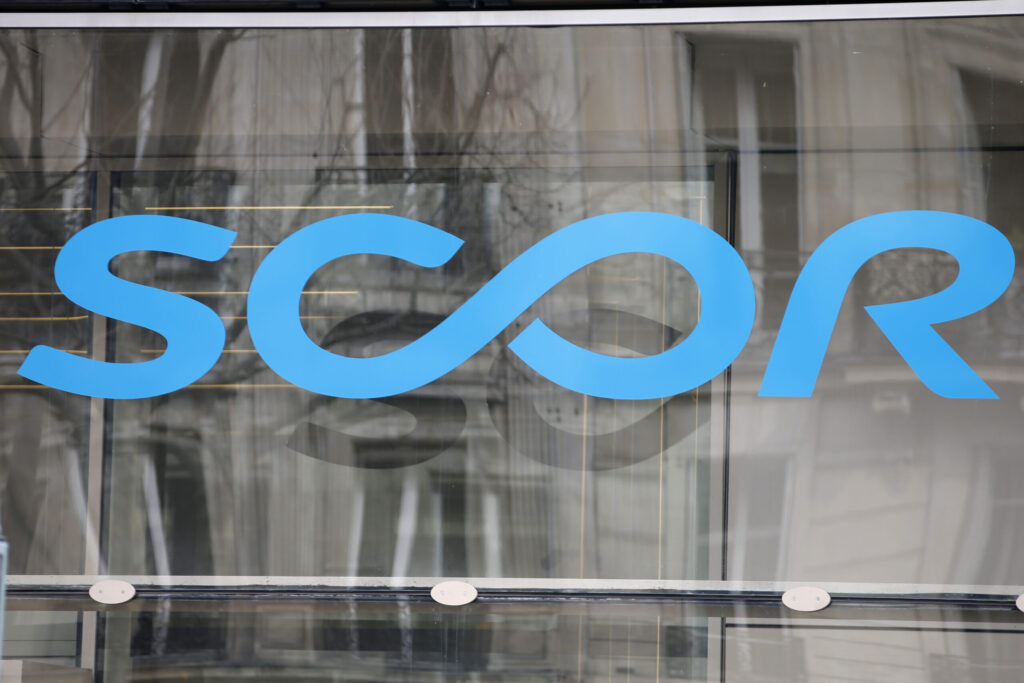During press events in Monte Carlos, both Thierry Léger, the new CEO of French reinsurer SCOR, and Jean-Jacques Henchoz, CEO of Hannover Re made statements on the current insurance and reinsurance climate.
In the present market landscape, unmistakable stress points have emerged within the risk transfer value chain. The undeniable reality, is that the cost of risk is on an upward trajectory, and society must acknowledge and adapt to this shift, said Henchoz

He also highlighted the mounting pressure points among insurers, reinsurers, policyholders, and various stakeholders and said that sets this year apart from the previous one, as per Henchoz’s analysis, is the substantial alteration in the market’s underlying dynamics.
The evolving logic of the market underscores the imperative for all stakeholders to reassess their strategies and expectations in a risk landscape that is undergoing significant transformation.
“The supply demand imbalance is going on the other side. We went through a number of years of so called soft markets, meaning that there was enough capacity in the system to sustain the risk appetites. This has changed dramatically last year, as you know, and this creates these pressure points,” said Henchoz.
Nevertheless, he continued, “the reality of today’s world is that the price of risk, and I repeat myself, the price of risk is increasing, and the issue is society generally needs to come to terms with that.”
Henchoz said the critical need for society to acknowledge the prevailing reality. This acknowledgment, he asserted, is a fundamental prerequisite for engaging in meaningful discussions concerning the most effective strategies to address evolving risks, encompassing mitigation, prevention, climate change adaptation, and the role of insurance as a responsive tool to navigate increasing volatility.
By accepting this fundamental reality, stakeholders can embark on informed dialogues aimed at devising comprehensive approaches to effectively manage and mitigate the evolving risks that impact our global community.
“…we accept that there is a price to pay,” said Henchoz. “But society at large needs to come out of the current denial, and particularly the political denial about the price of risk. And that’s certainly the tension point.”
SCOR CEO: Exclusions are not the solution
Meanwhile, Thierry Léger, the recently appointed CEO of leading French reinsurer SCOR, shed light on the mounting complexity in the insurance industry. Léger observed that the sector is grappling with an escalating insurability issue, one that is progressively becoming more intricate.
According to Léger, the challenges and complexities permeate various facets of the world, impacting the capacity of insurers and reinsurers to provide coverage. These challenges collectively contribute to a burgeoning insurability crisis, necessitating the industry’s concerted efforts to navigate and address these multifaceted issues effectively.
As the industry confronts these evolving dynamics, it is imperative for stakeholders to collectively strategize and innovate to ensure the continued availability and accessibility of insurance solutions in an ever-changing global landscape.
He said: “I think we’re in a phase of more challenge, I think we’re really challenged at this point, the hits are coming in from left and right.
“I do believe that in the next 5 to 10 years, we can turn some of it into a opportunity, but where we stand today, with all the disruption going on around us, all that uncertainty and volatility, and the volatility has massively increased,” Léger said, as he addressed an audience at the PwC breakfast briefing event.
He said the industry needs to maintain accessible, useful coverage and excluding areas is not a viable solution. “Of course we can add exclusions, but ultimately that’s not the solution. I think the solution must be something else, exclusion should be the last resort.
“Sometimes it’s considered transitory, you need exclusions at the beginning until you have established the model, to ensure that insurability is given again.
“But ultimately it cannot be that our industry is adding exclusions and actually having less relevance to the economies of this world, because I really believe that the industry and the development of countries needs strong insurance. I think a lot of progress would not be possible, so I urge everyone to step forward and accept the insurability challenge and find solutions.”
Léger told the audience of senior insurance and reinsurance industry executives that they needed to address the challenges – not avoid them. “We need partnerships that span across different industries to find a way to handle risk. It is up to the insurance industry to actually step forward and accept the challenge of insurability. It’s up to us to improve our data, we do need better data in some of these areas to ensure coverage. We need rigorous risk management, accumulation control, all the usual.”
He added: “It sounds very technical, but it is very important in our industry. In the end, of course [we need] very disciplined underwriting as well and without partnerships, it’s not going to work.”










